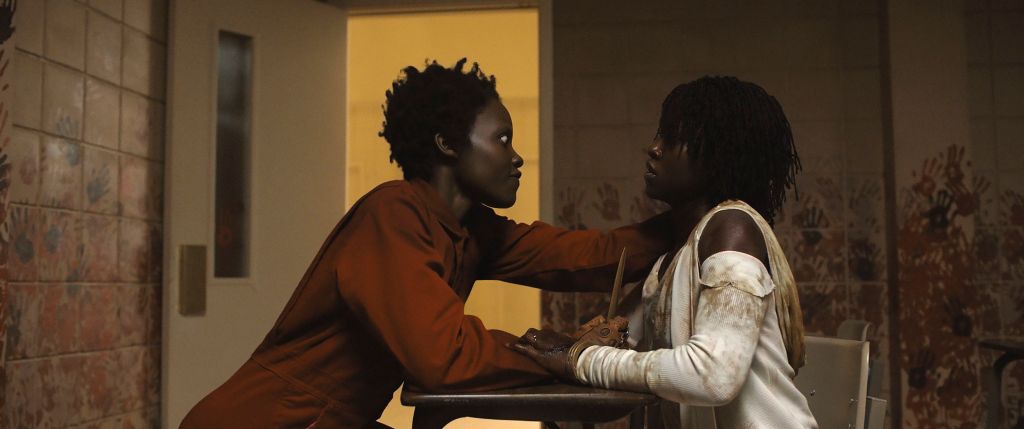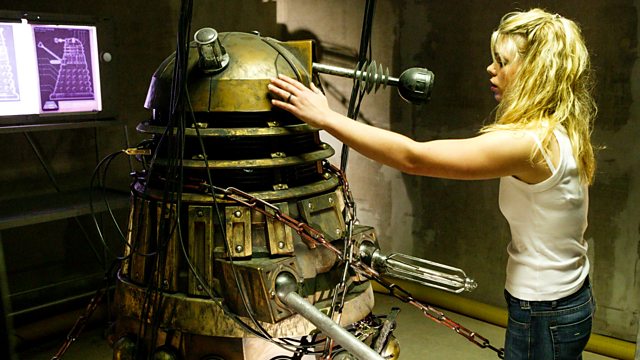Dear readers, gather around the campfire—okay, or the computer screen—as I regale you with a story. Throughout time, we’ve been entertained with tales of heroes—the Mighty Achilles, Sir Gawain, Beowulf…Spiderman, Superman, Antman, Xena the Warrior Princess…and the list goes on. I’m here today, however, to discuss a different hero—a single woman who, at a young age, was relegated to a cold, imprisoning underground lair not by any evil villain, but by her own image, staring back at her in a funhouse mirror. For years, the subterranean woman lived among her subterranean people, a group of have-nots who were tethered to those in the world above, who “lived the lives” of those above ground, albeit without all the artifacts and accoutrements associated with living. Angry at her fate, this young woman grew up and devised a plan, inspired by the image on a t-shirt, that could be executed with a mere lighter and a few pairs of scissors. The woman planned not just to take over a city, a state, or a nation, but, with the help of the others who lived with her underground, to take over the world, to re-populate the world above ground with her enslaved, tethered people. She did not want fame, power, or fortune—merely justice and the warm light of the sun, for herself and those she lived among. Thus, with nothing but cunning brilliance, a few dull sheers, an eccentric family, and some kickass dance moves, a young woman and her family entered the “ordinary world,” intent on inhabiting it by dominating it.



